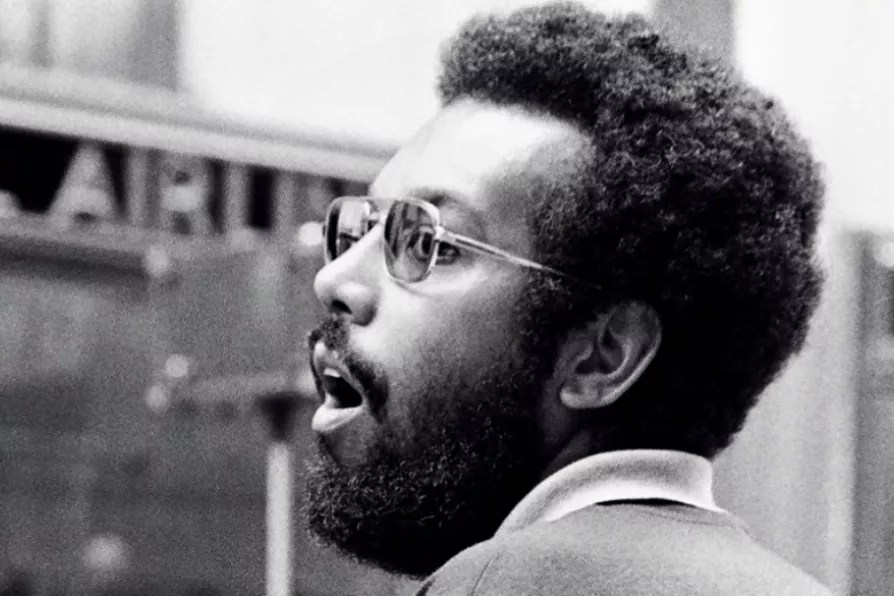A November 15 protest in Mexico – driven by a right-wing social-media operation – has been miscast as a mass uprising against President Sheinbaum. In reality, the march was small, elite-backed and part of a wider attempt to sow unrest, argues DAVID RABY
Melodies and memories rendered into a most beautiful form
CHRIS SEARLE on Jazz

 Jazz pianist Stanely Cowell
[Tom Marcello/Creative Commons]
Jazz pianist Stanely Cowell
[Tom Marcello/Creative Commons]
Stanley Cowell
Are You Real? (Steeplechase SCCD 31790)
No Illusions (Steeplechase SCCD 31828)
YOU can hear virtually the entire century of jazz glories in Stanley Cowell’s piano. His lifetime doesn’t quite stretch that far — only three-quarters of that history.
He was born in the city of Toledo, Ohio, in 1941 and met the greatest jazz pianist Art Tatum, a regular visitor to his parents’ house and player of their family piano, when he was six. But his years encompass an extraordinary richness of playing with, and being inspired by, some of the truly epic figures of the music.
Similar stories

Ben Cowles speaks with IAN ‘TREE’ ROBINSON and ANDY DAVIES, two of the string pullers behind the Manchester Punk Festival, ahead of its 10th year show later this month

The Morning Star sorts the good eggs from the rotten scoundrels of the year

Two new releases from Burkina Faso and Niger, one from French-based Afro Latin The Bongo Hop, and rare Mexican bootlegs











